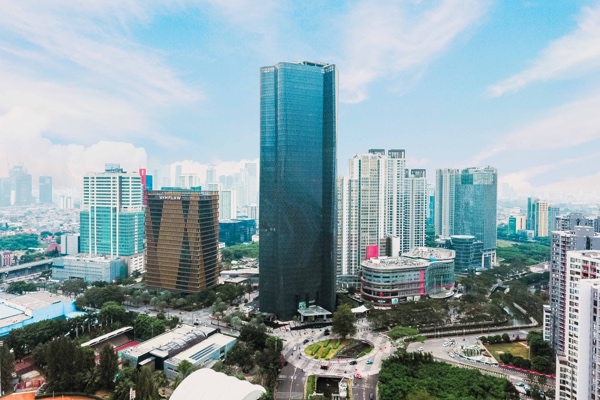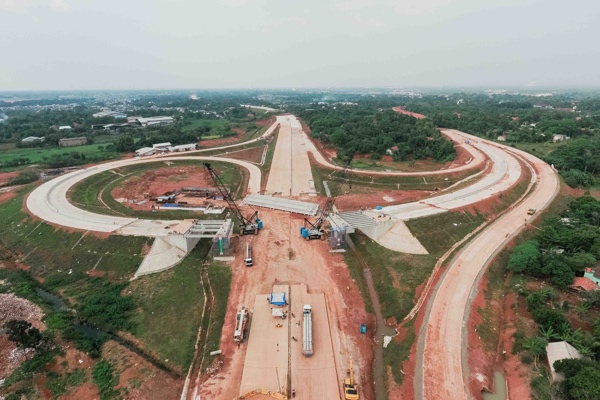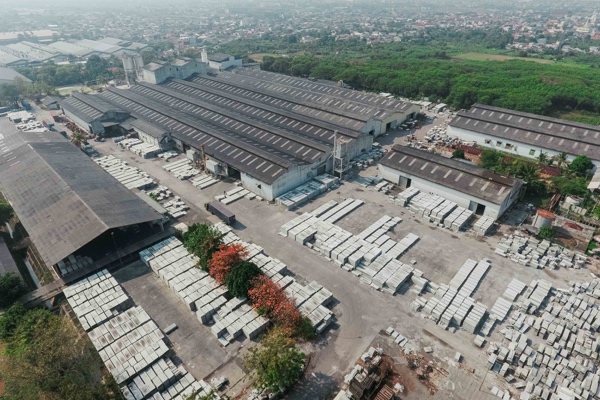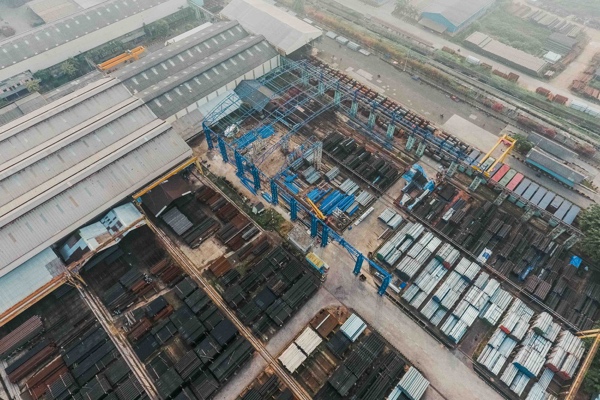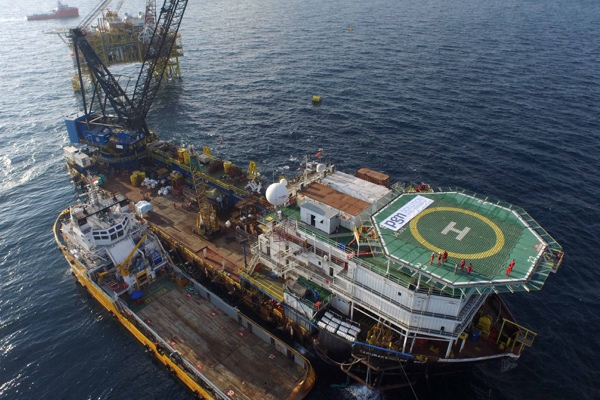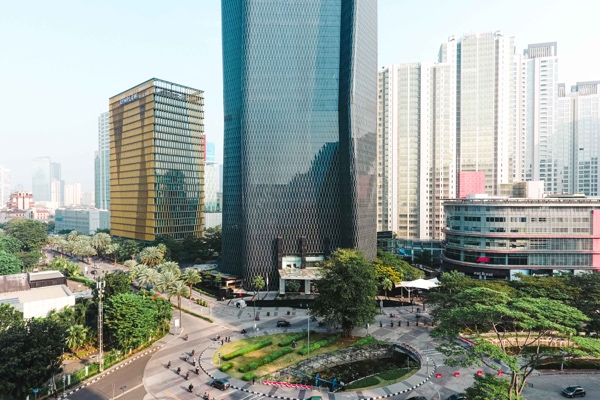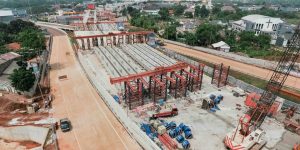BNBR Business Unit Builds Research and Development Center for Electric Vehicle Batteries
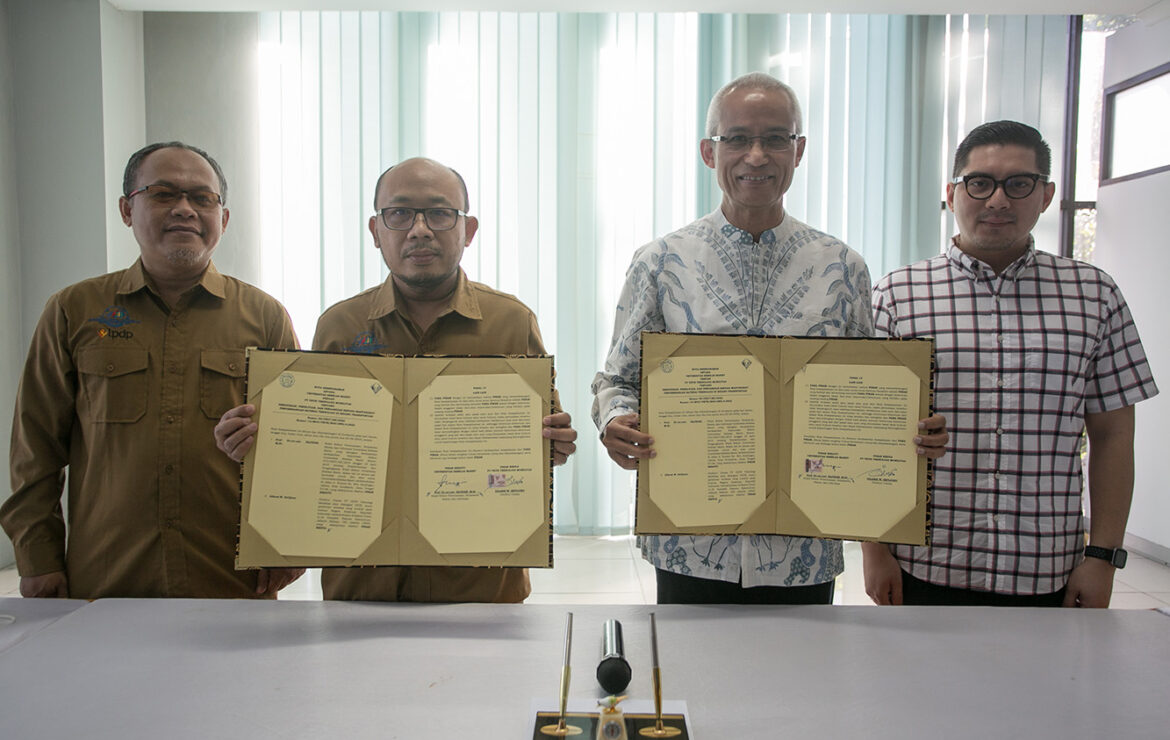
PT VKTR Teknologi Mobilitas (VKTR), a subsidiary of PT Bakrie & Brothers Tbk (BNBR) which is engaged in manufacturing electrification of transportation and telematics ecosystems, is again conducting strategic collaborations with educational institutions. After previously with PENS, now VKTR has signed a Memorandum of Understanding (MoU) with Sebelas Maret University (UNS) Surakarta. The signing was carried out by the President Director of PT VKTR Mobility Technology, Gilarsi W. Setijono and the Chair of the Center for Excellence in Higher Education Science and Technology (PUI-PT) UNS Electrical Energy Storage Technology, Prof. Agus Purwanto, in Surakarta, Central Java, Thursday (2/6/2022).
Gilarsi said the signing of this MoU was carried out to support the construction of a research laboratory and development of battery technology in the transportation sector in a long-term and sustainable manner. The construction of this laboratory aims to innovate in the development of electric vehicle battery technology and become a testing center for electric batteries both to enrich domestic science and technology or commercial needs.
“As the main component of electric vehicles, the current battery technology still has many limitations, so it is still very open to be studied and developed. Based on that thought, we plan to carry out this strategic cooperation with UNS,” said Gilarsi.
According to Gilarsi, the current limitations of battery technology are in two aspects, namely the performance aspect or battery performance, and the aspect of the price of raw materials or battery material which is still very expensive. If these two things can be overcome, then efforts to develop battery technology will be even more advanced.
In looking at battery performance, continued Gilarsi, there are two crucial things. Namely the speed of the battery in delivering energy, and the amount of energy that can be stored by the battery. In addition, the battery must also be safe, durable, fast in charging, environmentally friendly and can be made at a relatively low cost.
“A myriad of challenges in the future are waiting for us to solve together, considering the development of battery technology will increase rapidly,” he explained.
Gilarsi also explained that Indonesia’s position in the electric vehicle battery production chain is very strategic. This is because Indonesia is currently listed as a country with the largest nickel reserves, reaching 52 percent of the world’s total nickel reserves.
Not to mention, the economic value of nickel is getting higher due to the war between Russia and Ukraine, which has sparked fears of a depletion of nickel supply due to production disruptions in Russia. This global situation, said Gilarsi, is very beneficial for Indonesia.
“I think this is a great opportunity for us as the largest nickel producing country to become a leading nickel player, especially in the supply chain of raw materials for electric vehicle batteries,” he said.
This research laboratory, added Gilarsi, will be open and provide opportunities for anyone who wants to join, including alumni and UNS students who have competence in their fields.
The chairman of PUI-PT Teknologi Penyimpanan Energi Listrik UNS, Prof. Agus Purwanto, said that his party welcomes the collaboration plan of the two institutions. This strategic collaboration between UNS and VKTR is one of the efforts to always build a culture of innovation on the UNS campus. Furthermore, UNS will prepare the construction of an innovation lab and will manage it for mutual progress.
“This collaboration is a continuous effort to build a culture of innovation on the UNS campus. In particular, this collaboration with PT VKTR is a good first step to create an ecosystem that supports each other to develop transportation electrification in Indonesia in the long term and sustainably by universities and industry,” said Agus.
Previously, VKTR had signed strategic cooperation with a number of parties. These include the world’s leading electric bus manufacturer BYD Auto, British environmentally friendly battery manufacturer British Volt, Tri Sakti car body company, British heavy mobility technology company Equipmake, Surabaya State Electronics Polytechnic (PENS) and a number of other parties.
According to Gilarsi, this collaboration with various parties is one of VKTR’s strategies to localize technology and manufacturing products. Thus, his party wants the transportation electrification ecosystem in Indonesia to be built completely from upstream to downstream.
“Building an electrified transportation ecosystem is a long step forward. We mapped everything, starting from the bus body manufacturing facilities, chassis manufacturing facilities, telematics and mechatronics technology, to the current battery technology,” said Gilarsi.
Gilarsi is optimistic that, over time, the technology and industrialization of electric vehicles in Indonesia will experience a very fast and promising development. For this reason, his party will continue to expand partnerships with parties who have different expertise both in terms of technology and innovation in the field of electric vehicles, to ensure mastery of the right technology for the Indonesian market.
Earlier this year, said Gilarsi, a total of 30 units of VKTR-BYD electric buses had been launched as part of the Transjakarta fleet and had been going back and forth on the streets serving transportation for residents of the capital. In the future, his party will expand the range of VKTR products to areas other than DKI Jakarta. “Insya Allah, we are optimistic that with the support of the government, related business people and the wider community, VKTR will be able to become a major player in the electric vehicle business and industry to be proud of,” he concluded.

